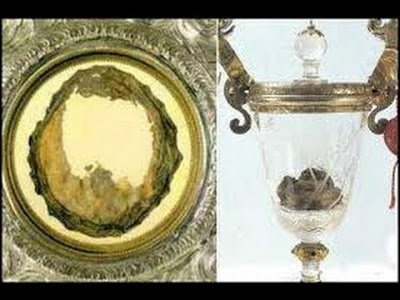Homily for the 16th Sunday of Ordinary Time, July 18, 2021. Gospel of St. Mark 6:30-34. Theme: Like Sheep Without a Shepherd
It’s a pretty common fact that sheep are among the most vulnerable of livestock. They are quite lost and confused without a shepherd and become easy prey for their enemies such as wolves and thieves. It’s an interesting thing that sheep are trained to recognize only the voice of their own shepherd, so when other strange voices call after them they can become bewildered and wander aimlessly.
This Sunday’s Gospel describes the crowds of people who thronged to Jesus as being like those vulnerable sheep, of being “shepherdless”. They were without leadership in many ways, political and religious. An oppressive Roman governor and a treacherous half-Jew named Herod were their political rulers. Their religious leaders were corrupt and more interested in maintaining their own social status than in leading the people to God. Those who did give religious instruction were so strict and demanding that the people found it oppressive and overwhelming to try and live up to their standards.
St. Mark lets us in on how Jesus felt about this situation when he writes that “…his heart was moved with pity for them, for they were like sheep without a shepherd; and he began to teach them many things.” Actually, our translation’s use of the word “pity” is a bit lacking. What the Gospel literally says in Greek is that Jesus was “moved deeply within his gut.” And so his gut-response to their vulnerability and need was to teach them. You see, unlike the self-promoters, the words of Jesus were simple and to the point; demanding, yes, but not oppressive. They brought freedom to the heart and joy to the spirit. This is why everyday ordinary people flocked to him like crazy! And it is what eventually led his envious enemies - jealous of their position, power and prestige- to have him arrested and crucified.
In today’s world, we also have social and political leaders who are hell-bent on silencing truth and freedom just like those corrupt rulers in ancient Israel. Determined to separate the sheep from the shepherd. They are motivated by preserving and promoting their own status and power. By manipulating our media and monopolizing our technology, they promote fake news, redefine words to mean utter nonsense and promote social confusion. They parrot their carefully crafted politically correct propaganda without any concern or regard for our well-being as individuals, our dignity as human beings, and our destiny as God’s children.
We might think people are smart enough to recognize the fake voices of these false shepherds, but that’s not the case. These leaders have such control over so much of the media that their message is pumped all day every day into our homes, our cars and our schools, into our ears and our heads. Sadly there are so many who listen to these voices without discretion and end up becoming like sheep without a shepherd, wandering aimlessly.We who have been gifted with faith cannot just stand by and be silent. To be silent is to be complicit. We must take up responsible ownership of the name of Christian. We must have within us the gut-response of Jesus, and be moved like he was by compassion and fueled by zeal for truth. How can this happen?
By mindfully taking time every day to be with Jesus. He is present in his Word that we can read at home and so be taught by him what we need to do and how we need to live. We must come before Jesus truly present in the Eucharist so that He can live and love and act from within us. He invites us to draw near to his Sacred Heart, which is moved to the very depths of His gut with love for the sheep. It is from this well-spring of the Heart of Christ that we will receive the love and the grace we need to cooperate with him in leading the shepherdless sheep back home into the arms of their Good Shepherd.








